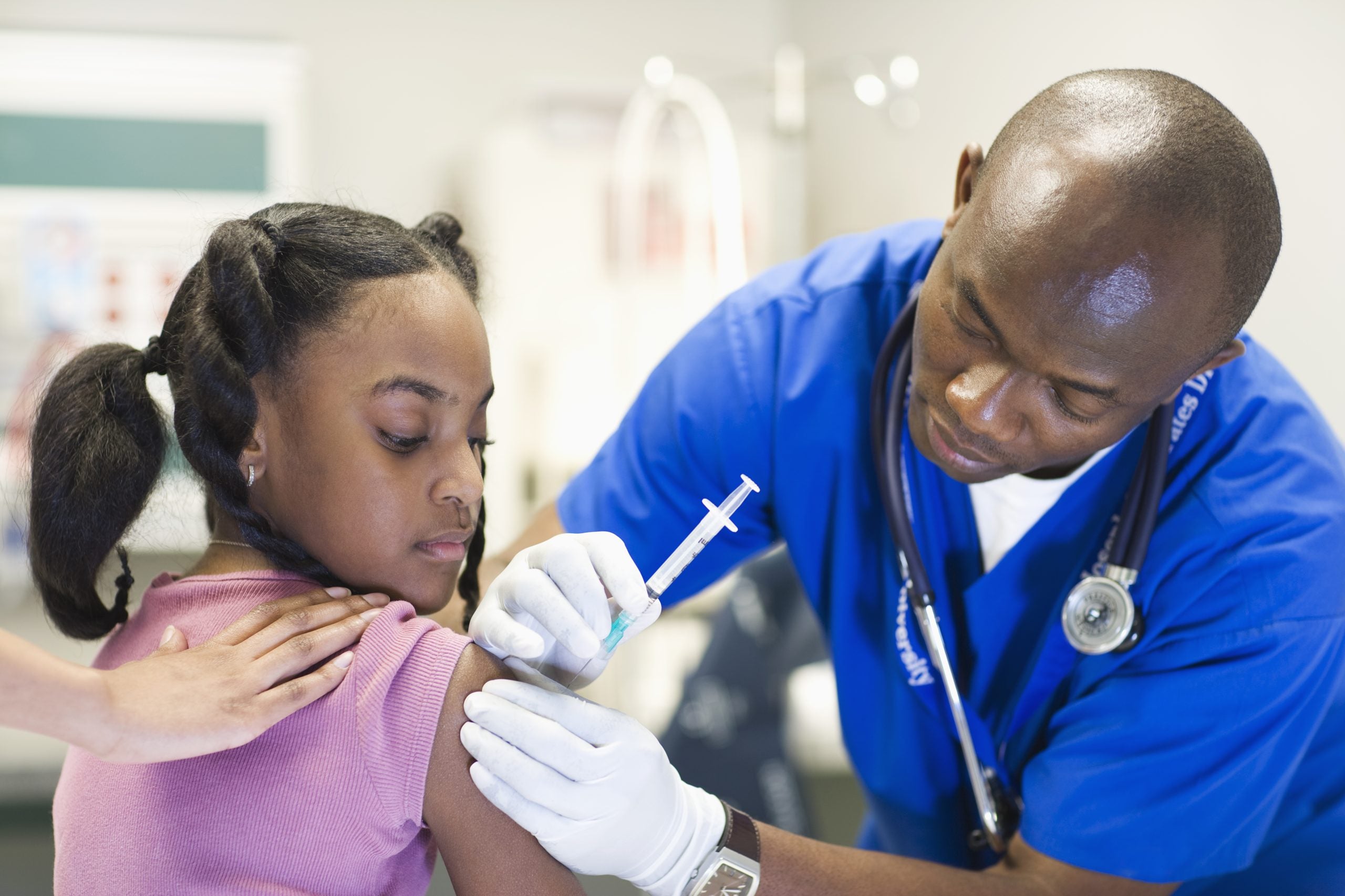
According to a new survey by the Kaiser Family Foundation, 43 percent of parents with children ages six months through four years said they would “definitely not” get their children vaccinated against COVID-19.
These findings, released on Tuesday (July 26), come just a month after the Food and Drug Administration authorized the COVID-19 vaccines (Moderna and Pfizer-BioNTech) for children as young as six months old.
Much of the parents’ hesitance to vaccinate their children came from their belief that the vaccine was “a bigger risk” to their child’s health than getting infected with COVID-19 — with more than half (53 percent) of the subjects sharing this sentiment.
According to the new survey, parents voiced their concerns around the newness of the vaccine, with limited research, potential side effects, and overall safety leading their worries.
The parents also viewed information from federal health agencies about the vaccines for children in that age group to be “confusing,” with about four in 10 parents saying they do not have enough information on where their child can even obtain it.
In addition to the information struggles when it comes to the vaccine, socioeconomic barriers were presented in the analysis. According to the survey, 44 percent of Black parents with young unvaccinated kids expressed concerns that they might need to take time off work to get their child vaccinated or care for them if they experience side effects.
The CDC reports that vaccination rates for children are low compared with those of adults, with 77 percent of people 18 and older having been fully vaccinated and only 30 percent of eligible children ages five to 11 having received at least one dose. A separate KFF study noted that as of July 20, less than three percent of children under 5, or nearly 544,000, had received at least one COVID-19 vaccine dose.